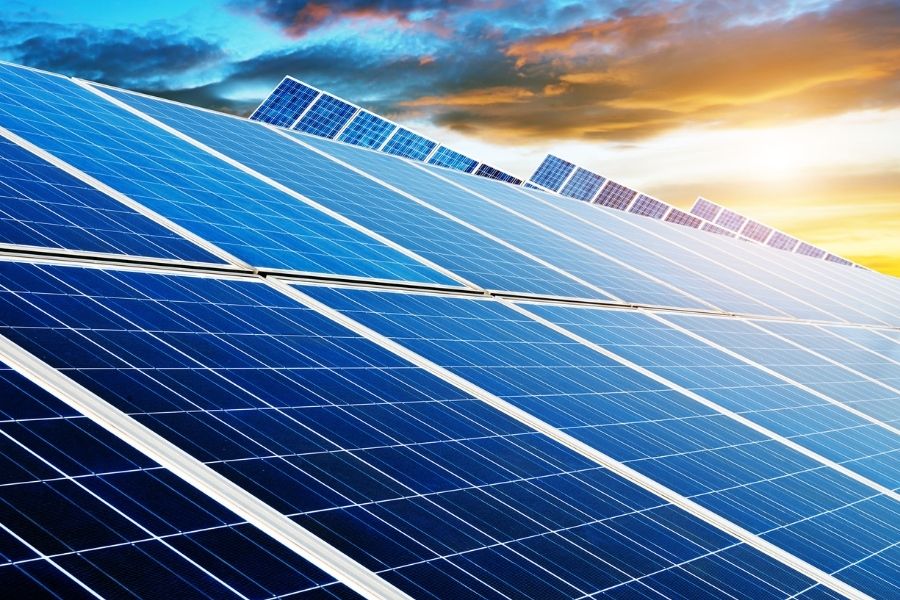Western Australian Retirees To Cash In on Solar Power
Clean energy website Energymatters said a group of Western Australian retirees will soon be reaping in more than double the present standard feed-in...
1 min read
![]() Solar Trust Centre Team
:
Oct 16, 2018 2:18:25 AM
Solar Trust Centre Team
:
Oct 16, 2018 2:18:25 AM
The Sydney Morning Herald reports Australia may reach a point where we have more solar than we need. This might not sound like a problem; more renewables is a good thing, right?
The issue lies with the excess energy that households and businesses sell back to the grid. While more people are installing solar because it makes economic sense for their electricity bills, this isn’t necessarily good news for the energy grid that needs to transport and store excess energy.
The answer is: not yet.
However, as solar becomes more popular and governments provide incentives for installations, we will reach a point where the energy grid may not be able to handle the capacity with its current infrastructure.
Energy experts are worried that the increase in energy generated by solar will be wasted. It’s possible we will reach this point in the early 2020s in some states.
Ed McManus, Head of Meridian Energy, says local distributors and installers may have to start reducing the amount of rooftop solar they install to address the excess.
Another option to help the grid deal with the increase is to encourage more battery installations.
Most importantly, the key energy stakeholders in Australia will need to discuss the future of solar in Australia and determine ways to make our distribution networks more capable.
Clean energy website Energymatters said a group of Western Australian retirees will soon be reaping in more than double the present standard feed-in...

1. A Waste of Energy: Waiting on Breakthroughs in Solar Battery Tech Before Installing Solar Right now Australia’s seeing an installation boom in...
1. Hybrid vs Battery Ready Solar System: Which is Better for Me? What Is the Difference Between Hybrid and Battery Ready Systems?How Will I Know If...